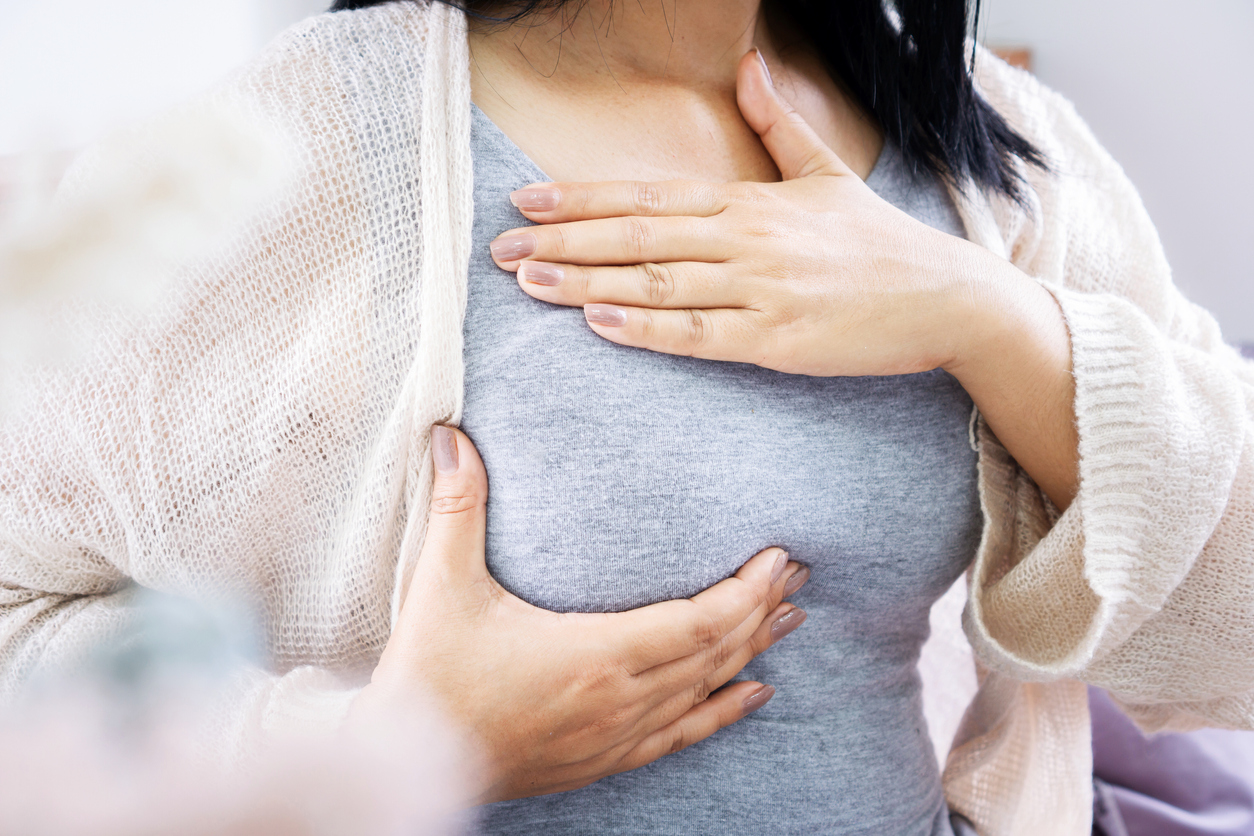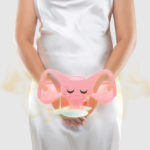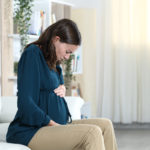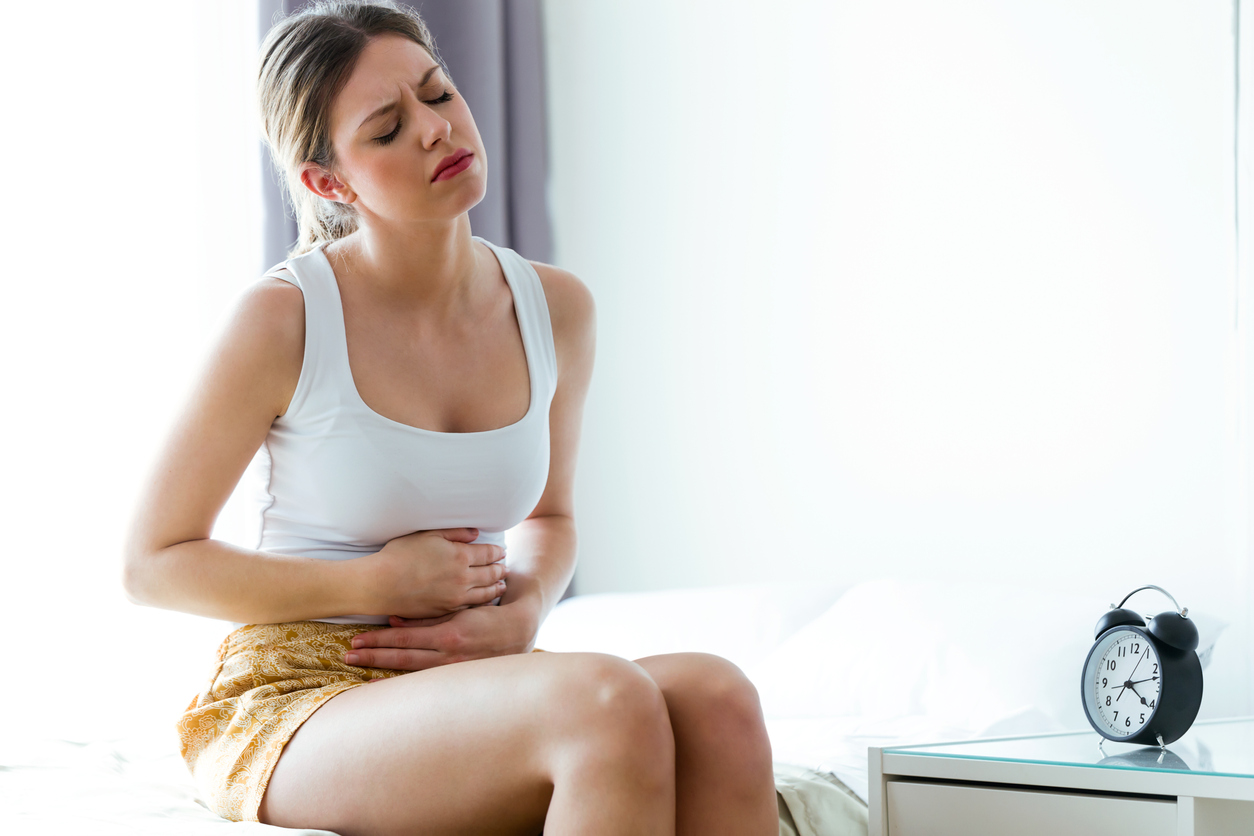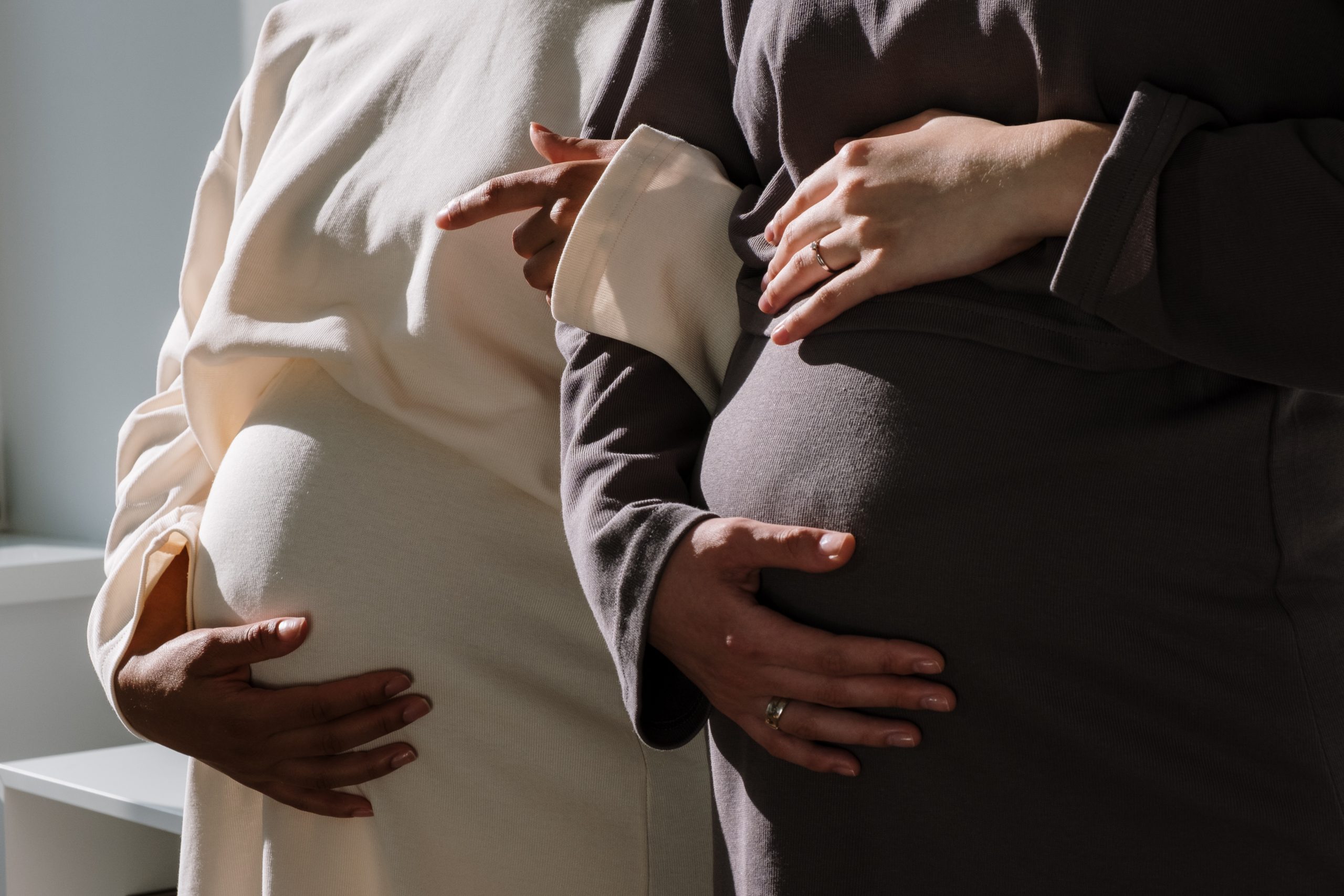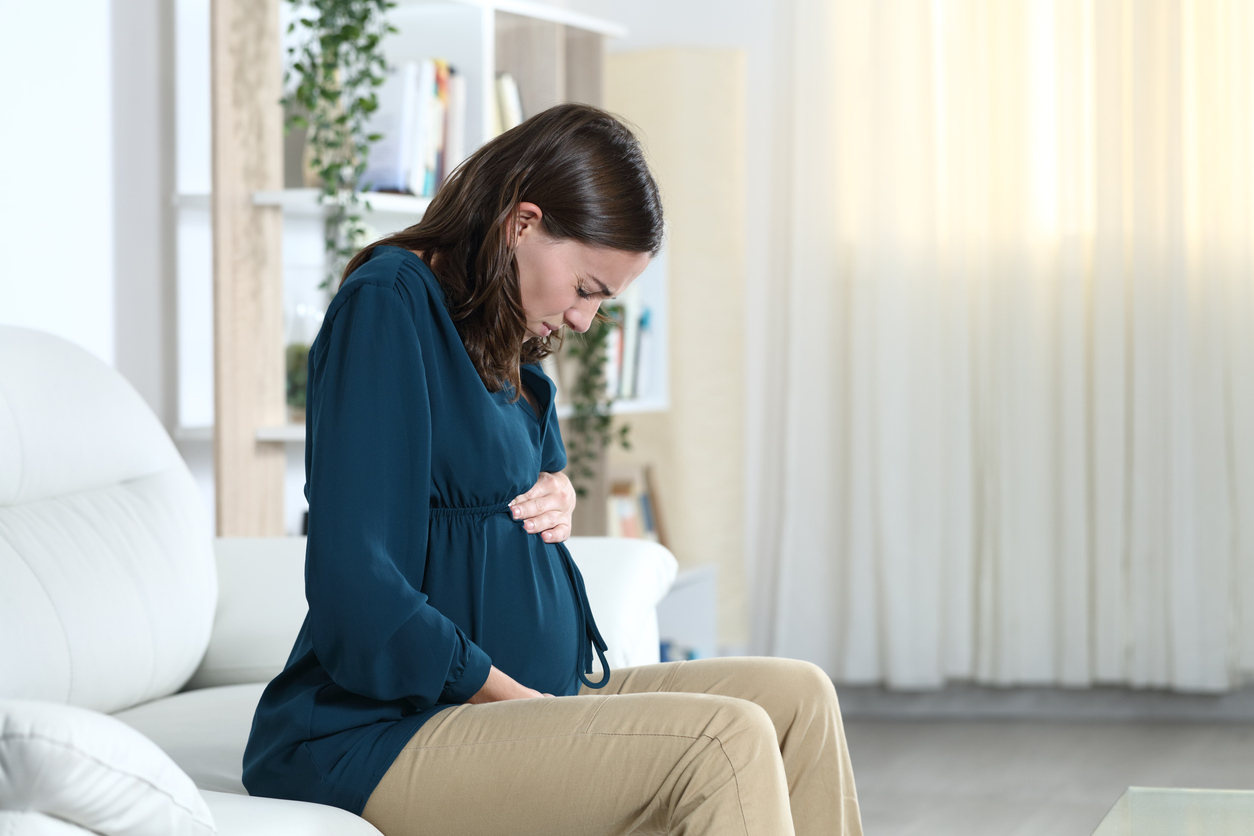Have your breasts uncovered the blessing news you’re expecting? Or have you started feeling sore nipples and pain at a later point during your pregnancy?
Every body is different and unique, as well as every pregnancy. However, each one of us has some things in common, like a sore back, munchies, and unfortunately, pain in the nipples during pregnancy.
But, why does it happen? Is there anything you can do to make it go away?
Dig in.
Why Do You feel Pain In Your Nipples during Pregnancy?
We all have different pain scales. While some of us feel excruciating pain even with the use of allowed pregnancy painkillers, some only feel mild symptoms or itches in their breasts. But you can refer to this as “good pain”, because your body is slowly preparing to start breastfeeding in a short period of time.
However, this doesn’t mean you are bound to feel uncomfortable for the rest of your pregnancy. Thus, in order to prevent an issue, we must first understand why it’s happening.
Here are the common causes of breast and nipple pain during pregnancy.
Increased Blood Flow
This phenomenon is a typical pregnancy change in your body, where most of the blood is located in the abdomen as well as the breasts – the main source of food for your newborn. Your entire body’s working on the manufacturing process of a whole new human being, and it’s pumping more blood, which is why you may say you are eating for two!
Also, in order for you to produce milk for your baby, other glands are steeping in position and working in your breast’s area, aside from your veins pumping blood.
Aside from sore nipples, this may even cause bruises in your breasts.
Increased Body Weight
Increased weight during pregnancy usually targets the belly and moreover – your breasts. Before they even start producing milk and being heavy, they are preparing for the process. This is the pre-lactation period and some women feel more pain during this time, than when breastfeeding starts. This is known as “breast engorgement”.
Pain in your nipples is caused because of the fact your skin is getting tighter, which is a totally normal process.
Hormonal Changes
Around ovulation, the estrogen levels in a woman’s body change. Each month’s ovulation is a full cycle, which is seen as ‘unseccessful’ from your ovaries’ perspective, as you have not been impregnated.
When you get pregnant, it’s in the earliest stage that your ovaries successfully start producing progesterone – the hormone that is produced solely during pregnancy (and durin some hormonal disbalance, but that’s another topic).
The hormonal changes are the main ones to blame for mood swings, munchies, as well as sore nipples, as they also affect the lactation period and the production of milk.
Increased Sensation
Do you notice how your senses are stronger? Particularly smell and taste?
Well, this is not an exception for the sense of touch as well. Touching your nipples or simply putting on clothes can cause pain, and the regular rolling over in bed can no longer be a pleasant activity. Don’t worry – this will all go away probably even before you deliver your baby.
These sensations and the way your body reacts from being less to more active (in the meaning of senses) usually take place in the earliest stage of pregnancy, and it should be gone by the time you hit the third trimester.
What Can You Do To Prevent Pain in Your Nipples During Pregnancy?
Now that you know why your nipples feel sore and your breasts heavy, let’s check out some ways to help the pain go away. Here are a few handy tips to feel comfortable with your body in minutes.
Wear Comfortable Bras
Many women experience painful erections in their nipples when they wear their favorite bra models during breastfeeding sessions.
Healthcare providers recommend avoiding tight-fitting bras during pregnancy because they can restrict blood flow to your breast muscles and cause swelling and engorgement in your breasts. It’s best to purchase maternity bras as soon as you realize that you’re pregnant so you can start wearing them right away.
Find Your Ideal Sleeping Position
Sleeping on your back compresses your breasts towards your back, and usually, there’s no additional touching that can irritate the nipples. Alternatively, sleeping on the side with your legs and hips bent forward is recommended for a sore back.
This position also helps to eliminate the pain in your breasts and nipples, as the thighs are compressing your abdomen towards, comforting your breasts.
Talk To Your Partner
Making sure that your partner understands your situation can be helpful in many aspects. First of all, you have to let them know of your pain in order to comfortably continue your love life. Set your boundaries of YES and NO.
Also, you are both together in this, so understanding your pain is the first step toward helping you deal with it.
Use Cold Compresses
Anything that’s swollen can be treated with some cold compression packs you have at hand. That might be some frozen bottles or towels, but preferably, lettuce leaves can quite take the extra temperature off. This should decrease your breast’s size and accordingly, stop the pain in your nipples.
Use Creams And Products
Additional products won’t make your nipples stop hurting instantly – so don’t expect that. However, most products meant for treating nipple pain contain lanolin, which is a natural wool-based substance that helps with the moist healing of wounds, even ones you can’t see.
The skin on your nipples is different from the skin on your breasts and it won’t appear to be cracked, however, this doesn’t mean that inside your areolas and nipples there aren’t micro-sized wounds which contribute to the pain.
Also, try looking for creams with Calendula oil extract, that will additionally help in healing sore nipples.
Finishing Thoughts
Pain in nipples during pregnancy is one of the most common symptoms, apart from nausea.
It usually occurs in the early stages of pregnancy, which is why it may also be considered a pregnancy symptom.
You can either wait for the pain to go away, or you can do something on your end too. Wearing loose clothes, avoiding touching the area, and putting some cold compressions on your breasts are some of the cheapest and easiest ways to solve this uncomfortable issue.
You’ve probably been told this a hundred times, but when you finally get to hold your baby – you will forget about all of these irrelevant pregnancy issues.

